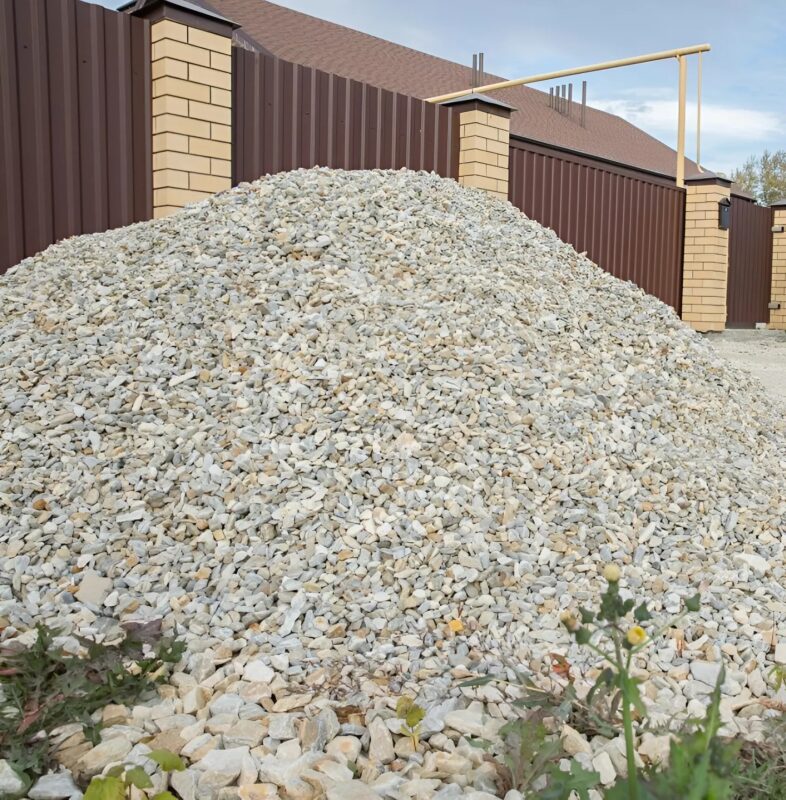It was one of those moments that slowly crept up on me, the realization that the conversation was going nowhere, and that further attempts at reason or peace would only be futile. I could see it in his eyes—he wasn’t interested in having a calm discussion or working toward an understanding. Whatever the issue was, he was clearly set on his own stubborn course. So, I made a decision that, in my heart, I knew I wouldn’t regret. It was a move born out of frustration but also a sense of standing up for myself. I didn’t want to be passive or let the situation escalate any further. Soon after, the neighbor began avoiding me altogether, as if I’d become an invisible obstacle in his life. And honestly, I didn’t mind. Sometimes, silence and distance are the only answers left.
This entire conflict stemmed from a few years back when a man, a former soldier by profession, moved into our small village. His arrival drew more attention than he probably expected. With his wife, they quickly became the topic of murmurs and suspicious glances. People in the village, myself included, started to judge them simply because they seemed different—more distant, more guarded, perhaps even a little intimidating. I can admit, I didn’t quite understand why they attracted so many judgments. They had bought their land legally, followed all the regulations, and hadn’t disturbed or upset anyone. They simply wanted to live their lives in peace, yet it felt like that innocence was overshadowed by suspicion from the start.
At first, he stayed quiet. He didn’t do much to attract trouble or attention—just went about his business quietly. But everything changed about two years later, when the construction work on his house finally began. That’s when the transformation was obvious. He started laying the foundation, bringing in materials—sand, dirt, gravel—and turning his land into a construction zone. It was a normal part of building a home, but it happened right in our view, and it seemed to disturb a quiet balance in the neighborhood. One Saturday, when we were away in the countryside, we received what I then called the “surprise of the year”: a massive pile of gravel, sitting right in front of our front door.
My first instinct was to rush out and clear it away immediately. But, somehow, I held back, deciding to wait until the morning instead. That night, I kept tossing and turning, thinking about what I’d do the next day. When dawn broke, I knew it was time to address the situation head-on. I approached his door calmly, knocked, and then asked him straightforwardly, “Why did you dump that pile of gravel right in front of my door?”
He looked at me with that calm, almost nonchalant expression—with a hint of a smirk—like he was above my concerns. “Well,” he said, “I can’t dump it in front of my own door—trucks go by there. But you still have space in front of yours.” He said it as if it was an obvious minor detail, as if I was just overreacting.
That answer struck a nerve. I felt my patience start to slip. I told him firmly, “Take it away now. I don’t want this mess blocking my path or spoiling my house.” But instead of an apology or even a sense of understanding, he brushed me off with that same unbothered smile. “It’s my problem,” he said casually. “I’ll handle it when I choose to.”
In that moment, I realized the conversation was pointless. I couldn’t force him to see reason, and trying to argue or persuade him was only wasting my energy. So, I decided to act. That night, I grabbed a shovel and moved half of the gravel onto my own land—just enough to make a point and take back a little control. I worked quietly, without making a fuss, just moving slowly and deliberately.
The next morning, when he stepped outside his door and saw the reduced pile, his eyes widened with surprise. The man approached me, blinking in disbelief. I looked at him calmly and told him, “Since you dumped that gravel in front of my door, part of it now belongs to me. Consider it rent.” I knew it was a bold move, but I also knew that sometimes, a little bit of cleverness can go a long way.
He stood there in silence for a moment, processing my words, before mumbling something like, “Smart, huh?” I just shrugged and walked away. From then on, things changed in a subtle but noticeable way. The gravel was gone from the front of our house, and I had a small victory, a simple reminder that I wouldn’t accept being pushed around and that sometimes, standing your ground is the best way to regain control. Now, whenever I see that empty space, I feel a little more confident—and a little more prepared for whatever else life throws my way.




